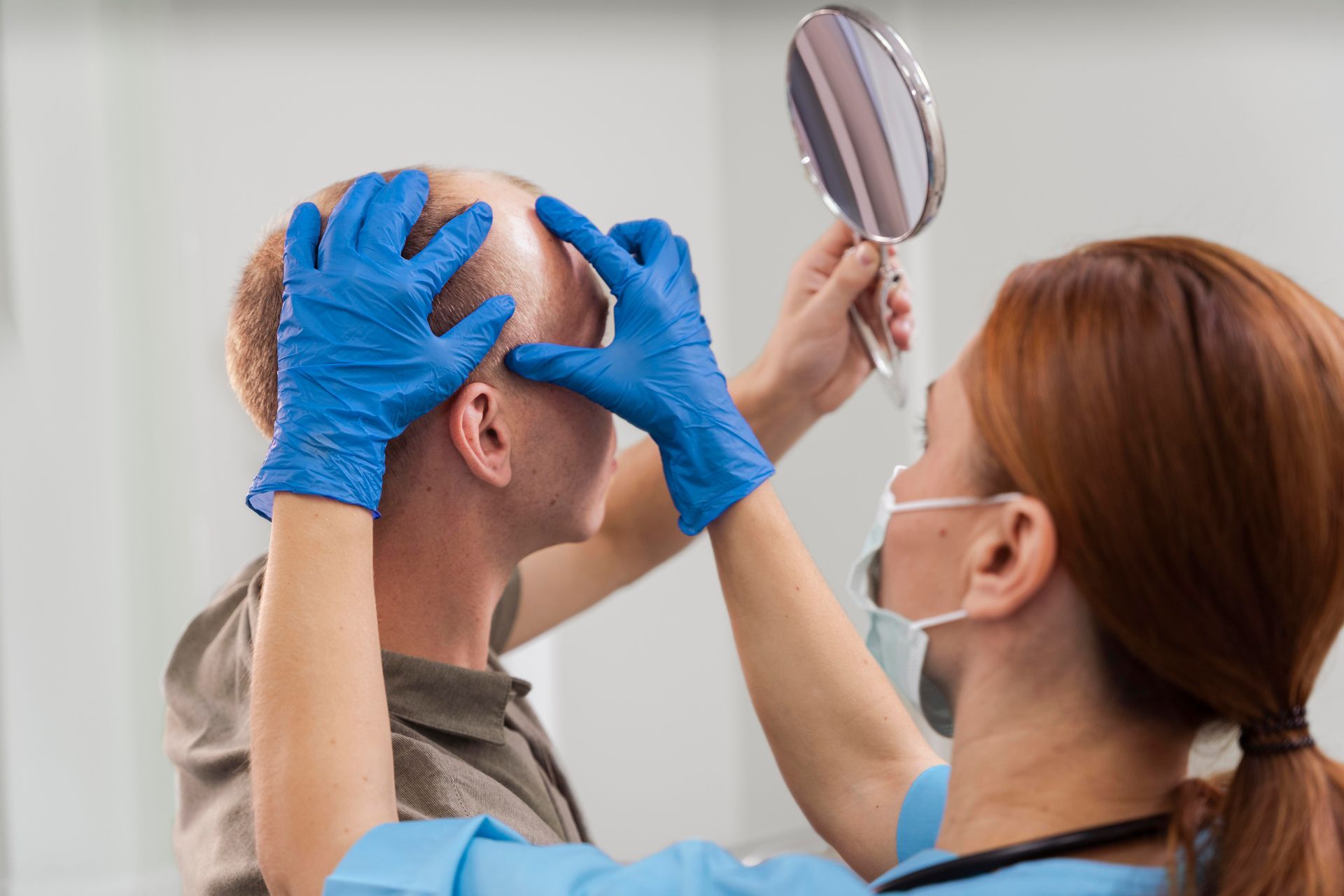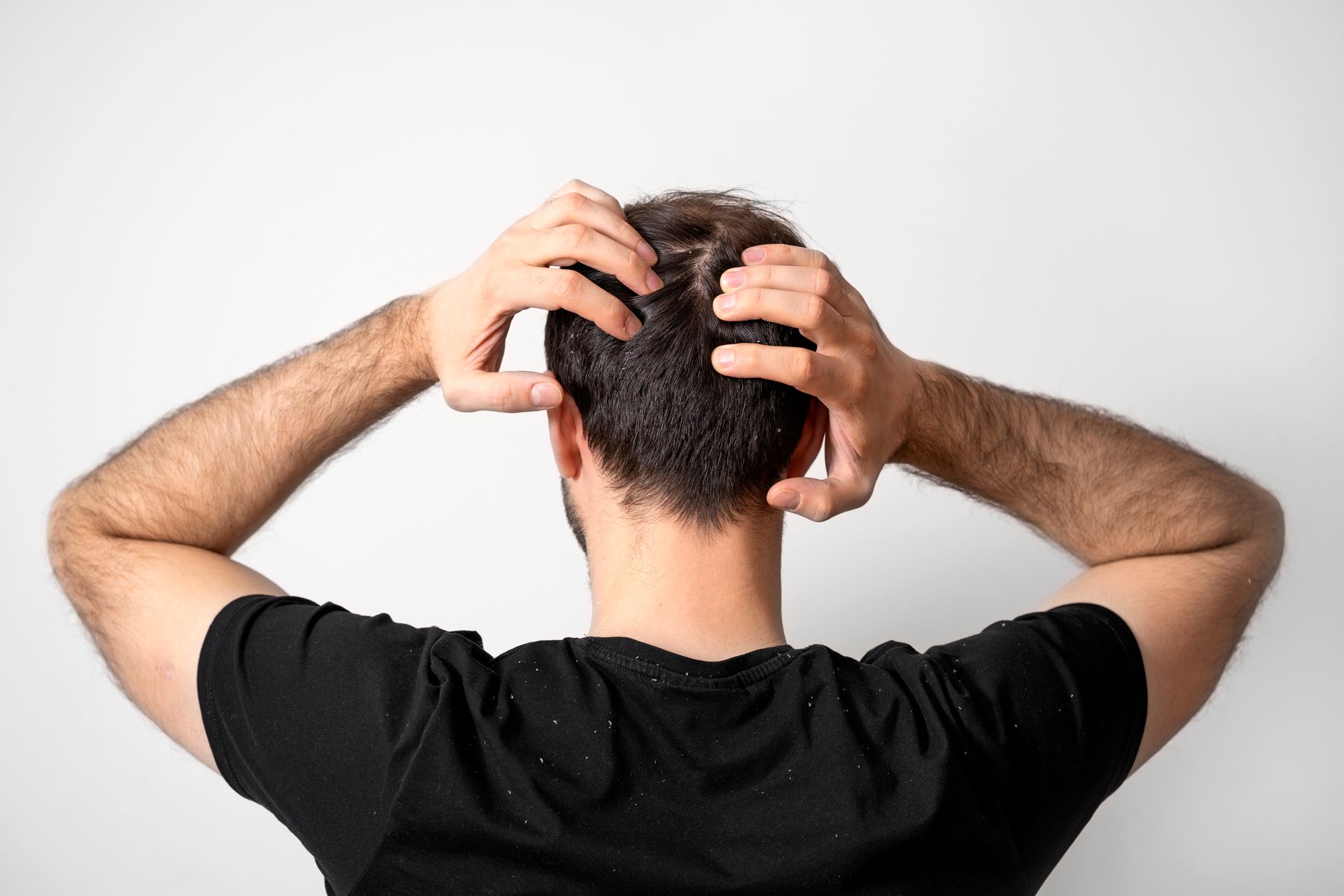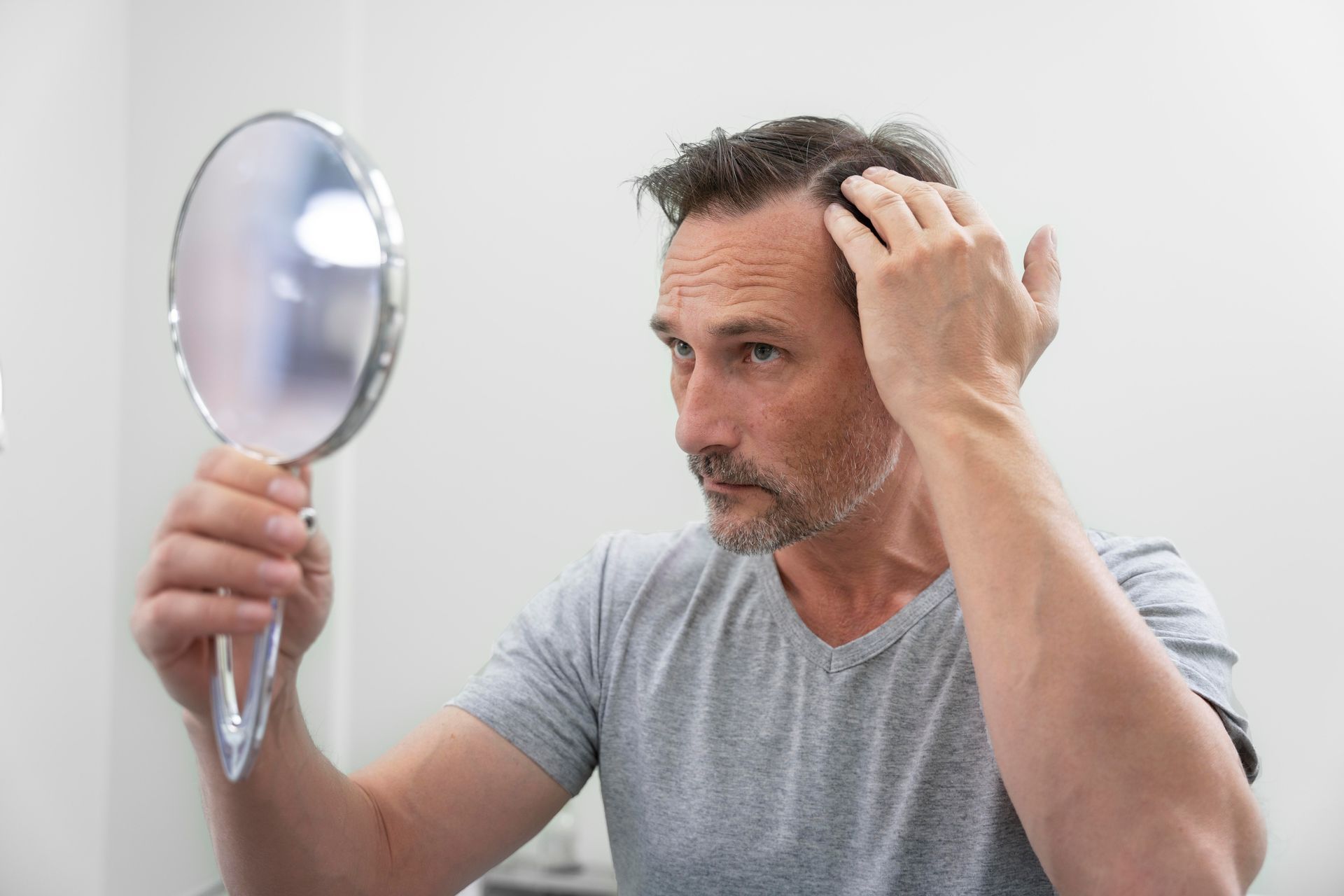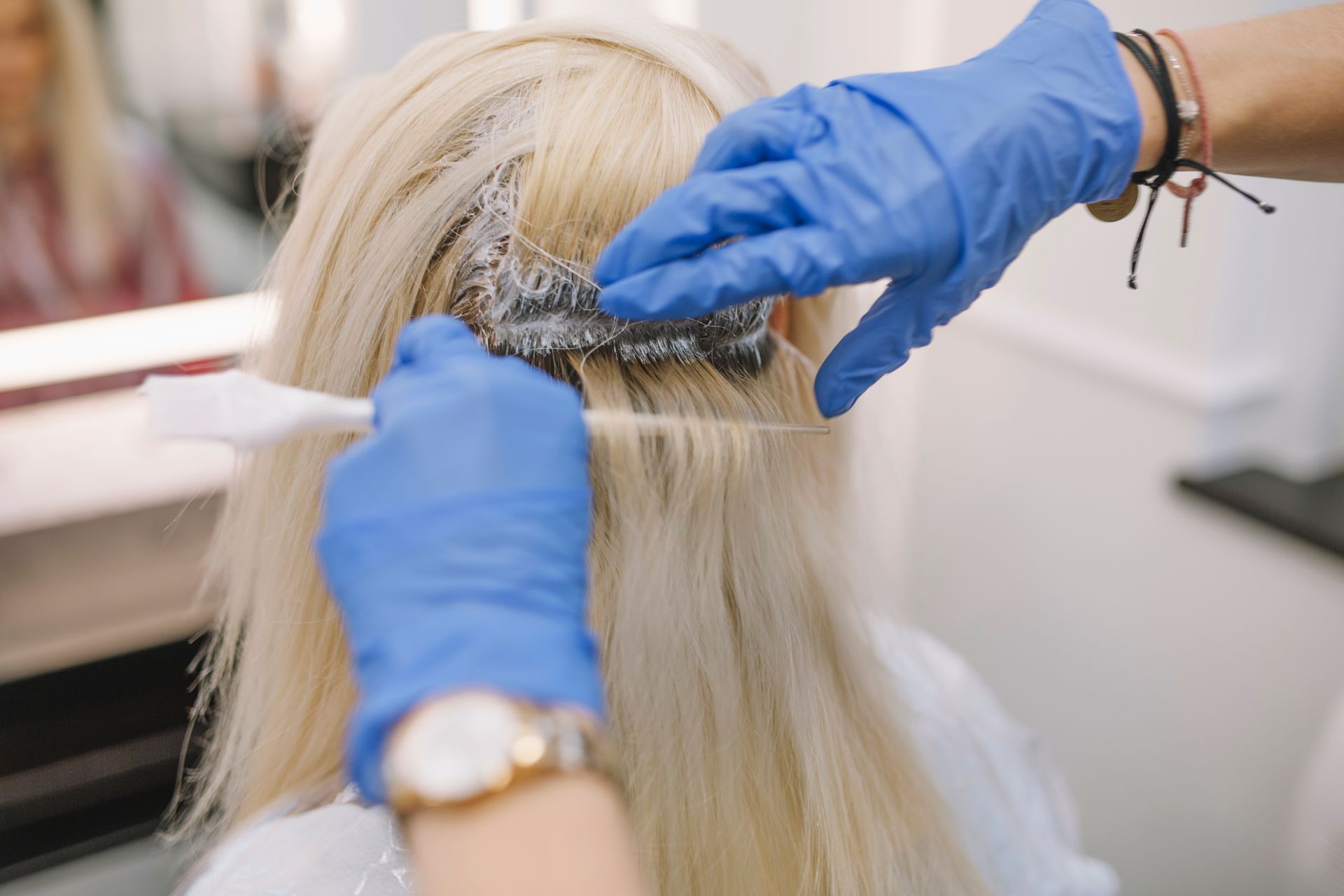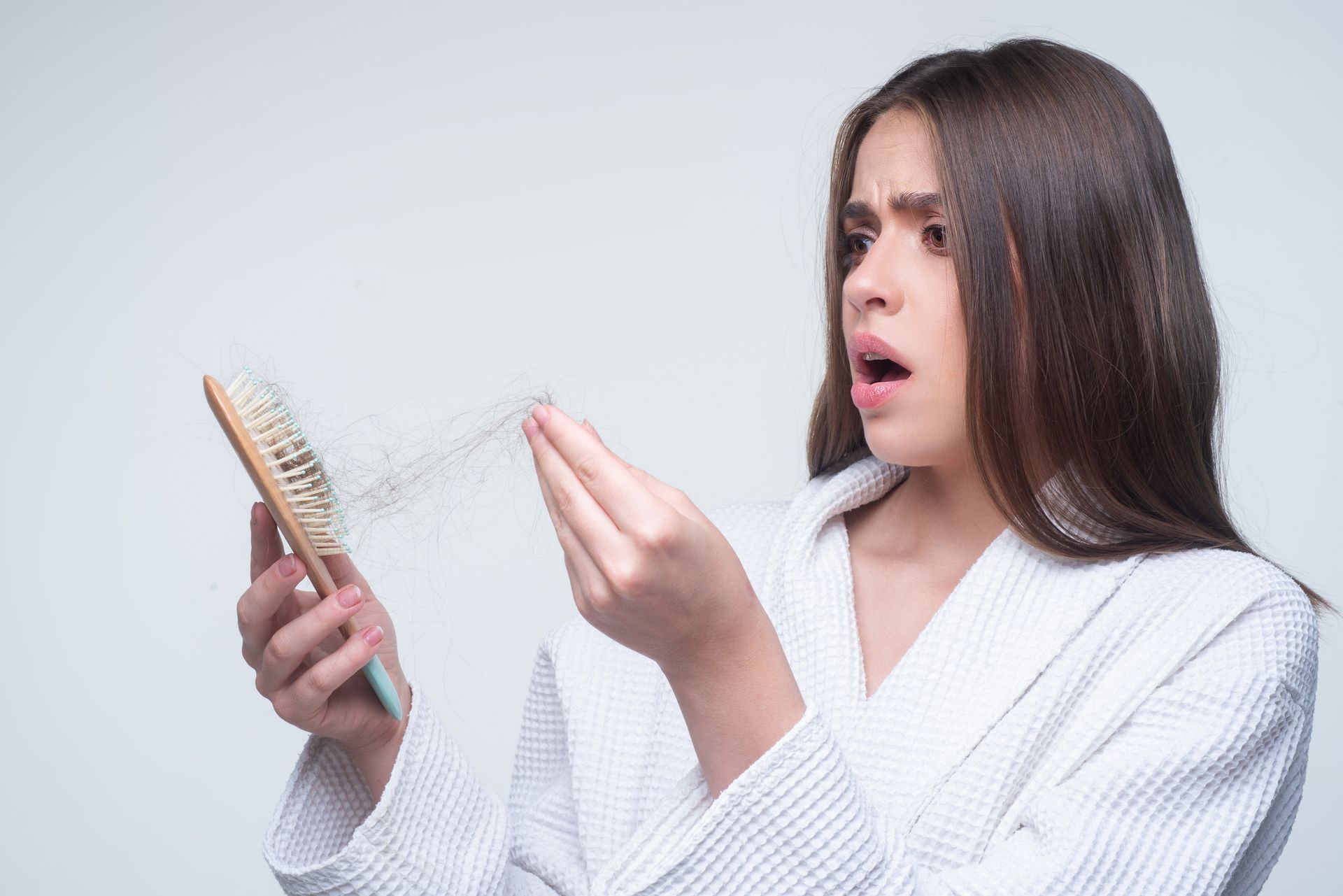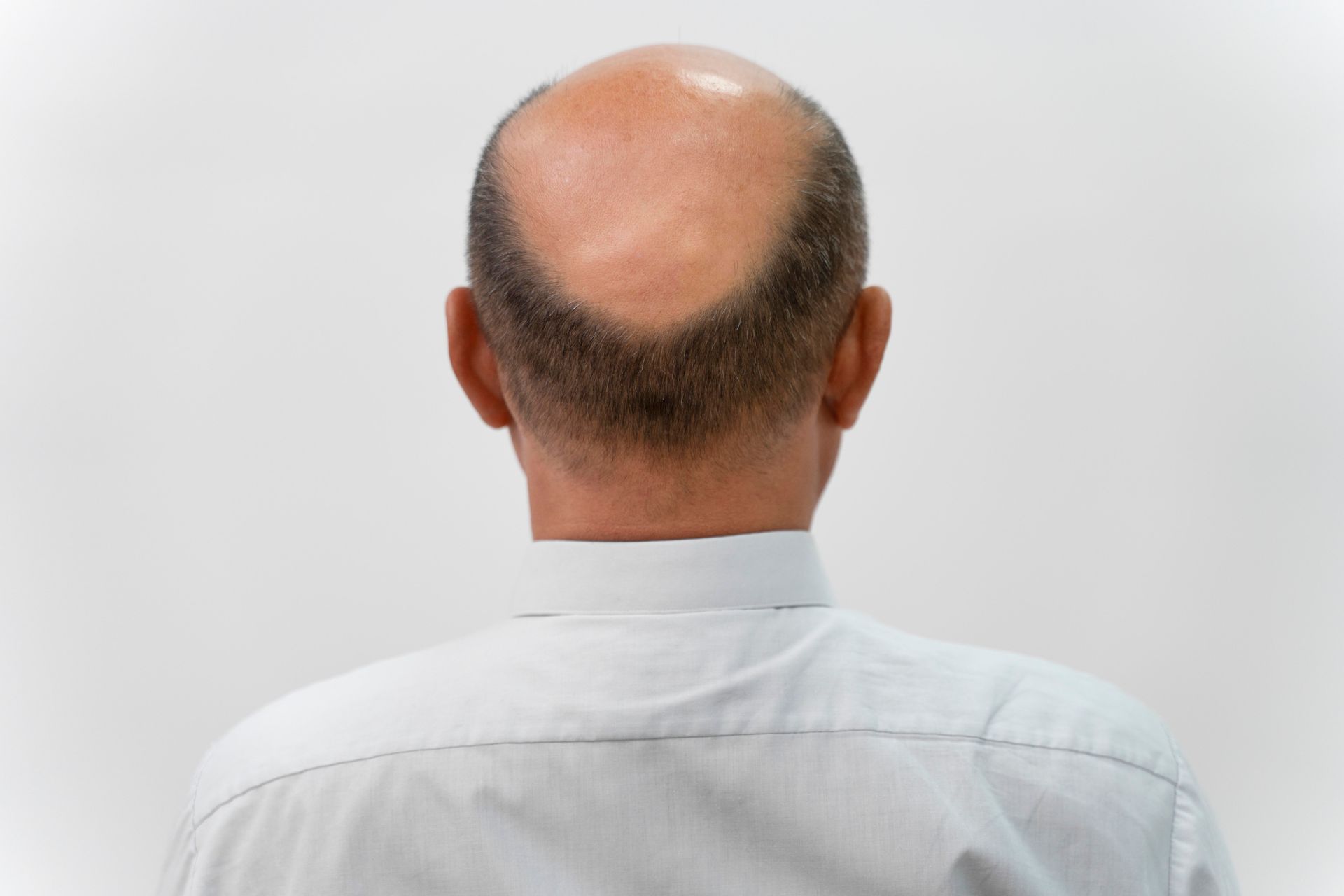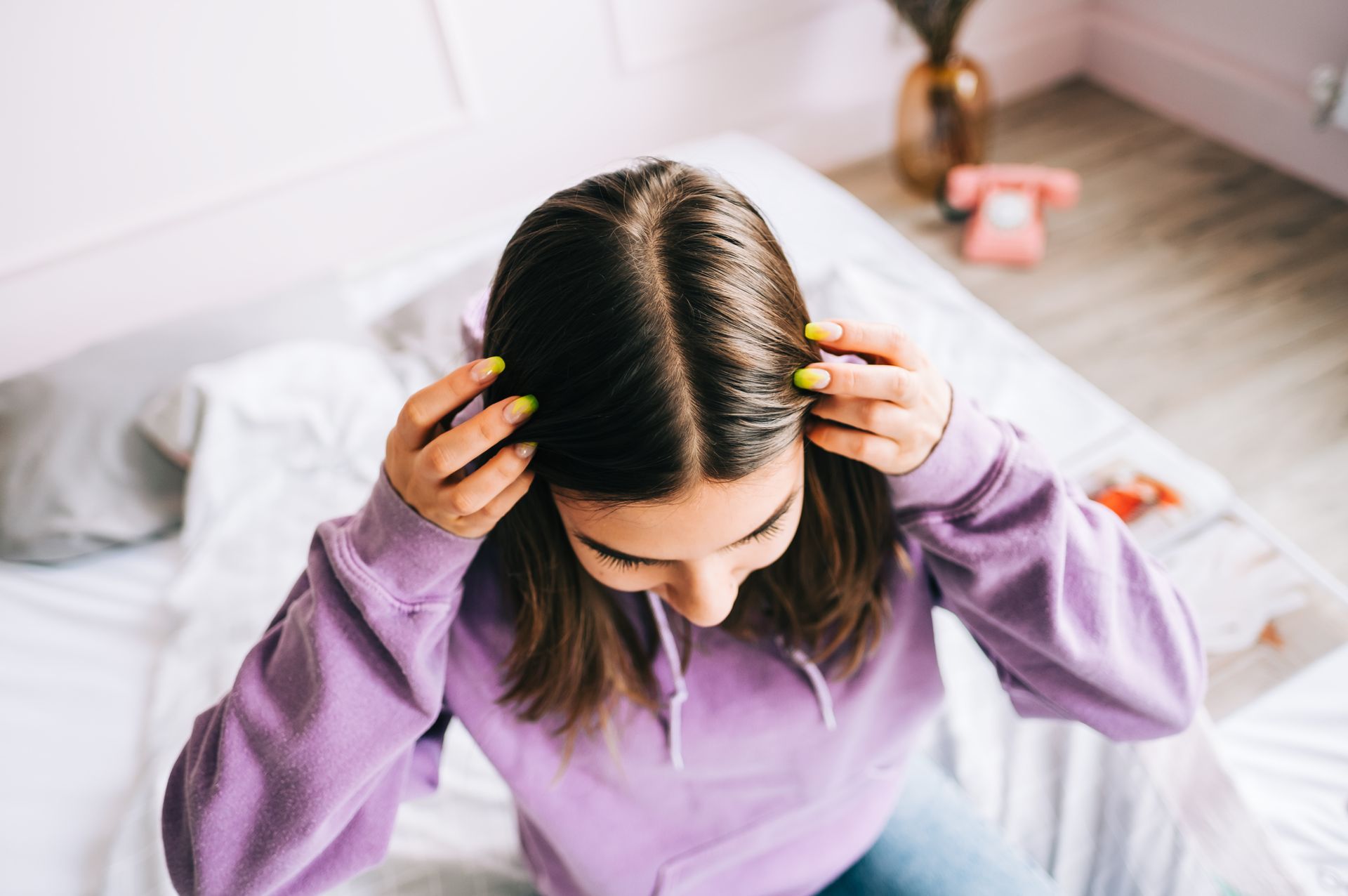Bridging the Gap: Understanding the Effect of Hormones on Hair Loss
Hair loss can be an emotionally challenging experience for many individuals. It can undermine self-image, and self-confidence, leading to psychological distress. While numerous factors like genetics, stress, and medication can cause hair loss, hormones play an integral role that often goes unnoticed. Understanding the effects of hormonal imbalance on hair loss can be the first step to mitigate its damaging impacts and restore healthy hair.
The hair growth cycle is complex and influenced by several factors, including our hormones. Hormones like androgens, estrogen, and thyroid hormones can have a significant effect on hair growth and hair loss. Let's delve deeper into the relationship between these hormones and hair health.
1. Androgens
These are known as "male" hormones but are present in both men and women. Dihydrotestosterone (DHT), a derivative of testosterone, a predominant androgen, has been associated with male pattern baldness and female pattern hair loss. It's believed that DHT shortens the growth phase of the hair cycle, causing the hair follicle to shrink and produce thinner, weaker hair.
2. Estrogen
Females usually have higher estrogen levels, which helps maintain a longer growing phase for hair. However, during menopause, estrogen levels decrease, causing hair follicles to shift to a resting phase. This hormonal change can lead to hair thinning and eventual hair loss.
3. Thyroid Hormones
Thyroid hormones play a crucial role in regulating our metabolism. An underactive (hypothyroidism) or overactive (hyperthyroidism) thyroid can cause severe hair loss. The hair follicles have receptors for thyroid hormones, and any imbalance can disrupt the hair growth cycle.
Addressing Hormonal Hair Loss
Once the connection between hormones and hair loss is understood, the next step is to explore solutions. Here, at Hair & Beauty Treatment Centre, we approach hair loss from a scientific perspective. Our therapies and procedures are designed to target the root cause of hair loss, providing long-lasting and effective results.
1. Hormonal Therapy
It can help regulate hormonal imbalance, controlling hair loss. For example, women suffering from androgenetic alopecia might benefit from an anti-androgen medication that blocks DHT's effect.
2. Balanced Diet
A diet high in protein, iron, Omega-3 fatty acids, and vitamins can promote hair growth and restore hormonal balance. Additionally, reducing the intake of processed foods can also help in maintaining optimal hormonal levels.
3. Stress Management
Chronic stress can wreak havoc on our hormones. Incorporating stress management techniques such as yoga, meditation, or spending time in nature can help maintain balanced hormone levels, thereby reducing hair loss.
Remember, there's no one size fits all when it comes to managing hair loss. Everyone's body and hormonal balance are unique. Therefore, personalized consultation and treatment are crucial for the most effective results. At Hair & Beauty Treatment Centre , we provide tailored solutions to meet your unique hair care needs.

